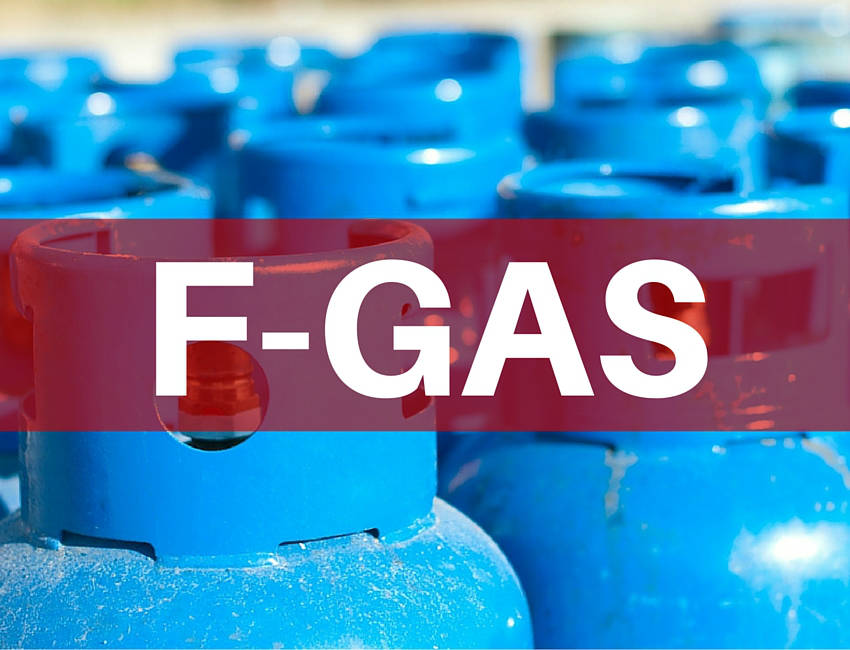11 November 2016
|
|
Employers in the building services sector will be relieved to know that their employees will have new professional certification routes available next year when revised F Gas legislation is available.
When the CITB announced that it was to close its 'Utilities Engineering Division' in January, there was alarm in the industry. The division provides training and certification for refrigeration, renewables, gas, electric, water, oil and steam industries.
|
Businesses whose staff work with refrigerants have to have F Gas certification by law to handle the gases. They were concerned about the gap in the provision as a result of the announcement. But, the government department responsible, DEFRA, stated that the revised legislation would open up routes to create new schemes. Already, the BESA (Building Engineering Services Association) is approved as an F Gas certification body. The BESA runs REFCOM, the body which operates the safe refrigerant handling scheme.
“We are delighted to have received approval from DEFRA to help plug this vital gap in certification,” said BESA chief executive Paul McLaughlin. “It is important that there continues to be a number of providers in the market, offering choice and ensuring value for money, and we have been working with DEFRA for some time to set up our own scheme to support employers right across the sector.”
Employers do not need to get 'immediate recertification' from other providers because their existing CITB certificates are valid until their printed expiry dates. BESA's new scheme will be ready next year.
Specialist training and certification
F Gas is leading a series of new series of BESA certification programmes for the building services industry. They include ventilation, health and safety, unvented hot water, energy efficiency and renewables, and ventilation hygiene.
“The new regulations offer a catalyst for BESA to disrupt the traditional certification market,” said BESA Training director Tony Howard.
“Historically, we have delivered training and certification ourselves using third parties with assessments we developed. We now intend to grow and develop training, assessment and certification to enable employers in our industry to access the provision they need at a local level through licensed providers audited against our standards.”
As the new certifications approach so too has a new style of apprenticeship training emerged. The recent launch of the 'Trailblazer' scheme which, the government hopes, will radically change how training is delivered in the industry.
“There needs to be greater clarity between ‘short courses’ and apprenticeships,” explained Mr Howard.
“BESA plans to change the nature of apprenticeships by raising the bar of provision and enabling industry specialists to help employers train their own apprentices.”
Employers are positive about BESA's plans to widen their remit. BESA President, Malcolm Thomson runs his own air conditioning business said he was “encouraged by the actions that BESA is taking to ensure the continued smooth provision of F Gas Personnel Certification”.
“Businesses must have a choice of routes to certification to satisfy their own business models. F Gas is our first scheme to hit the market, but it will certainly not be the last,” he added.
Training centres wishing to apply to BESA to become approved providers should email: [email protected]
Content continues after advertisements








